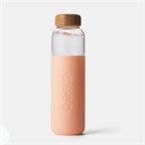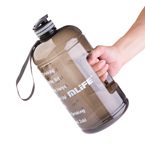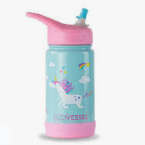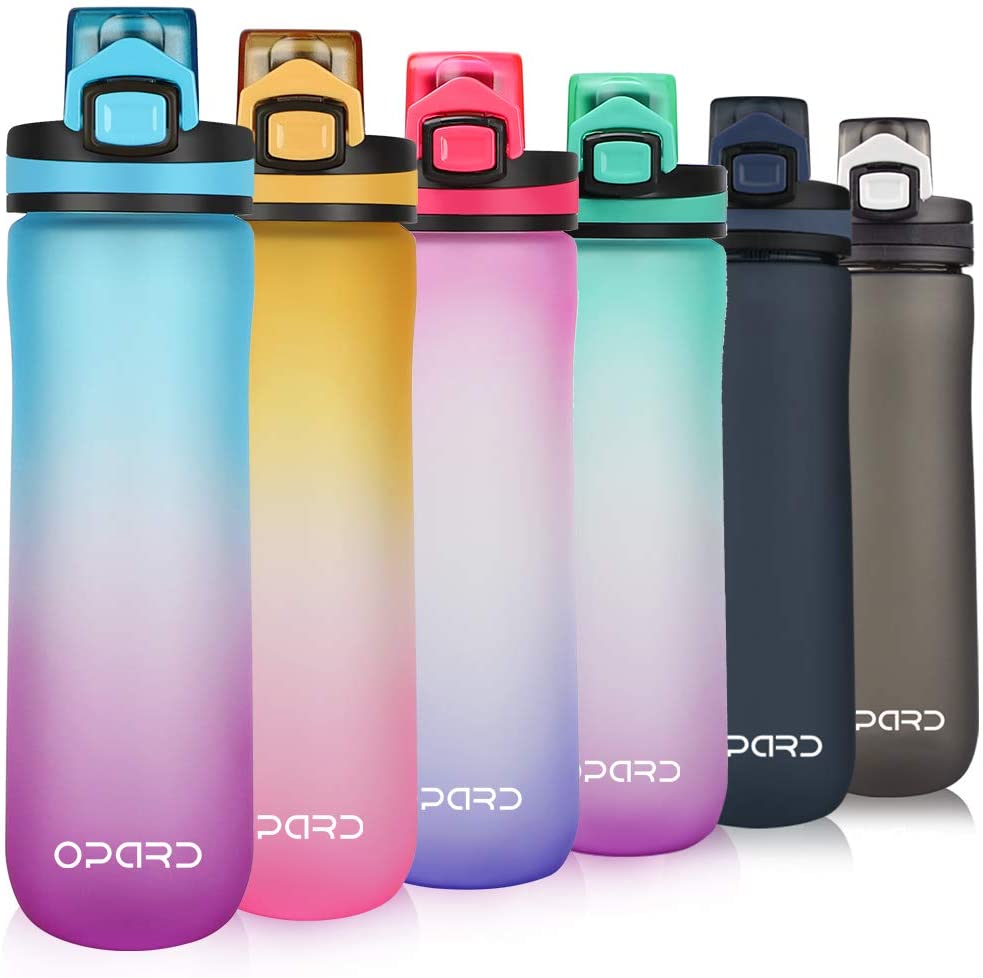Introduction: Plastic water bottles have become a subject of scrutiny due to the potential presence of harmful chemicals like BPA (bisphenol A) and phthalates. In this blog, we’ll delve into the health implications of these chemicals, their potential effects on human health, and explore the importance of choosing safer alternatives for daily hydration.
- Understanding BPA and Phthalates: BPA and phthalates are plasticizers used in the production of plastic water bottles, which can leach into beverages, leading to concerns about their impact on the endocrine system and potential health risks.
- Endocrine Disruption and Health Risks: Studies have shown that exposure to BPA and phthalates may lead to endocrine disruption, potentially affecting hormone regulation and raising health concerns, particularly for pregnant women, infants, and children.
- Safer Alternatives for Health-Conscious Hydration: Opting for safer alternatives, such as glass or stainless steel water bottles, eliminates the risk of exposure to harmful chemicals, promoting a healthier and more secure approach to hydration.
- Government Regulations and Consumer Advocacy: Government regulations and consumer advocacy have played a significant role in raising awareness about the health risks associated with plastic water bottles and pushing for safer materials and labeling transparency.
- Promoting Informed Choices: Educating consumers about the potential health risks of plastic water bottles and the availability of safer alternatives empowers them to make informed choices that prioritize their health and well-being.
Conclusion: Understanding the potential health risks associated with BPA and phthalates in plastic water bottles highlights the importance of exploring safer alternatives for daily hydration. By opting for glass or stainless steel water bottles, individuals can embrace a health-conscious approach to hydration, free from the concerns of harmful chemicals, and make informed choices that support their well-being.

















